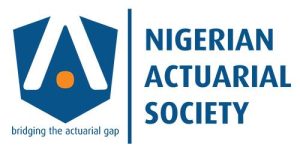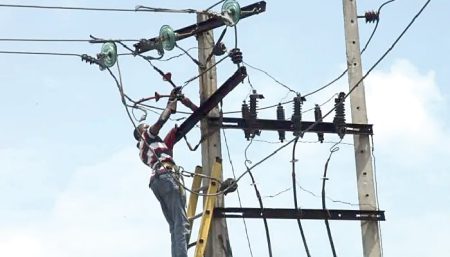Nigeria’s financial landscape is poised for a significant upgrade as the country seeks a $10.5 million loan from the World Bank. This funding, earmarked for the Central Bank of Nigeria (CBN) Technical Assistance Facility, will drive modernization across three key areas: bolstering the CBN’s institutional capacity, enhancing its supervisory prowess, and revolutionizing domestic payment systems, particularly for remittances. This initiative reflects Nigeria’s commitment to adapting to the rapidly evolving digital financial world and aligns with the nation’s broader push towards a cashless economy.
The first pillar of the project focuses on strengthening the CBN’s internal framework. This involves integrating innovative technologies and data science into its supervisory processes, establishing a robust governance structure, seeking expert advisory support, facilitating knowledge exchange with other central banks, and modernizing internal processes for the digital age. This holistic approach aims to equip the CBN with the tools and expertise necessary to navigate the complexities of a dynamic financial landscape.
Secondly, the project targets a substantial upgrade of the CBN’s supervisory capacity. By investing in modern technological solutions, including Supervisory Technology (SupTech) systems, the CBN aims to significantly improve data accuracy, operational efficiency, and risk-based supervision. This enhanced technological capability will enable the CBN to proactively identify and mitigate emerging risks, fostering greater stability and resilience within the financial system.
The third component focuses on modernizing domestic payment systems, with a particular emphasis on remittances. This entails exploring innovative approaches to integrate informal remittance flows into formal channels, ensuring greater transparency and security. Annual surveys on remittance households will provide valuable data for informed policy decisions, while peer-to-peer learning initiatives will facilitate knowledge sharing and best practices adoption. This modernization drive is crucial for enhancing the safety, reliability, and efficiency of remittance transfers, contributing to financial inclusion and economic growth.
Beyond the CBN Technical Assistance Facility, the World Bank has demonstrated a strong commitment to supporting Nigeria’s development across multiple sectors. Recently, the bank approved a substantial $1.08 billion in concessional financing for three critical areas: education, nutrition, and economic resilience. This funding reflects a multi-faceted approach to addressing pressing challenges and fostering sustainable development in Nigeria.
The $500 million allocated to the Community Action for Resilience and Economic Stimulus Programme (NG-CARES) aims to bolster the program’s reach, particularly in the wake of economic challenges stemming from the 2023 fuel subsidy removal and foreign exchange rate unification. NG-CARES, originally designed to mitigate the economic fallout of the COVID-19 pandemic, has evolved into a comprehensive shock-responsive platform. It provides multi-sectoral interventions, including social transfers, labor-intensive public works, livelihood grants, and support for small businesses, reaching over 15 million beneficiaries.
Furthermore, the World Bank has allocated $80 million to the Accelerating Nutrition Results in Nigeria (ANRIN 2.0) program. This initiative builds on the success of its predecessor and focuses on improving maternal and child health, nutrition services, and food security in targeted areas. ANRIN 2.0 aims to enhance the utilization of quality nutrition services for pregnant women, lactating mothers, adolescent girls, and children under five, aligning with Nigeria’s National Development Plan and the Multisectoral Plan of Action for Food and Nutrition. The program prioritizes preventive and curative nutrition interventions, improved feeding practices, and increased access to micronutrient-rich foods.
Finally, the World Bank’s $500 million investment in the Hope for Quality Basic Education for All (HOPE-EDU) initiative will significantly strengthen Nigeria’s education system. This project targets foundational literacy and numeracy skills, enhances access to basic education, and addresses systemic challenges such as school overcrowding and decentralized education funding. HOPE-EDU is expected to directly benefit 29 million public primary school pupils, 500,000 teachers, and over 65,000 public primary schools. The initiative will receive further support through additional funding of $52.18 million from the Global Partnership for Education Fund. These combined investments demonstrate the World Bank’s commitment to supporting Nigeria’s human capital development and ensuring a brighter future for its citizens.














